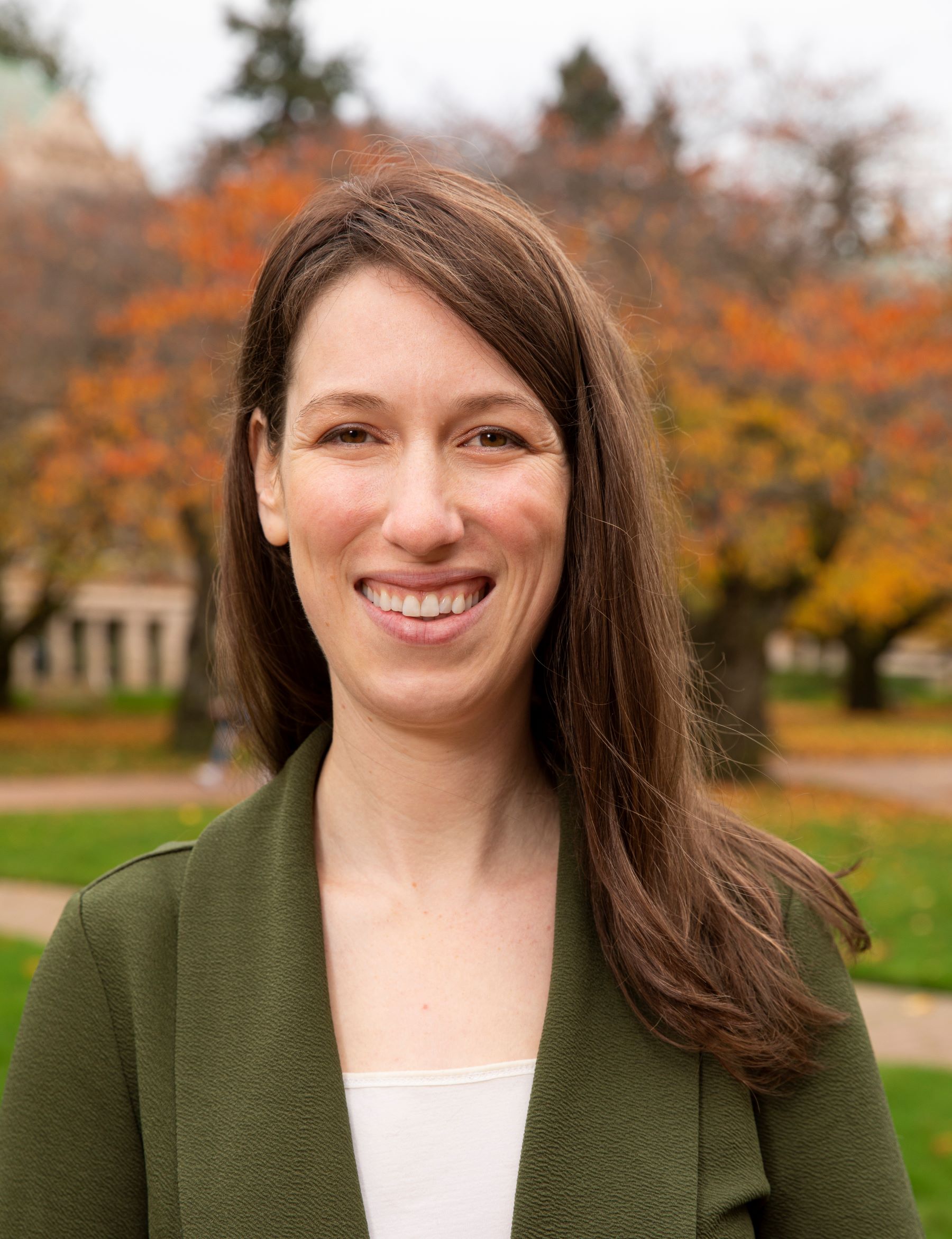Whales and Scales: Towards Understanding and Conserving the Drivers of Megafauna Migration across Scales

Dr. Abrahms is a leader in linking animal behavior to critical global change questions, including human-wildlife conflict. Her seminar will show how understanding the decisions animals make can help conserve them.
—Ruth Oliver, Assistant Professor, Bren School
Email events@bren.ucsb.edu to request access to a recording of this talk
ABSTRACT
Whether in water, land, or air, animals must cope with dynamic environments that are undergoing unprecedented rates of change. How do mobile animals navigate such dynamic environments, and how can we use that information to help conserve them? Key to answering these questions is consideration of scale in animal movement, and how the factors that determine where and when animals move may vary across spatiotemporal scales. This talk will encompass a collection of work on blue whales in which we’ve examined drivers of whale movements from spatiotemporal scales ranging from minutes and meters to months and thousands of kilometers as these animals migrate across a vast and dynamic ocean. I’ll specifically discuss the roles of the environment, social information, and memory in driving movements at different scales. Finally, I’ll show how we can apply the knowledge gained through these basic science inquires towards on-the-water conservation efforts.
BIO
Dr. Briana Abrahms is an Assistant Professor in the University of Washington Department of Biology’s Center for Ecosystem Sentinels and holds the inaugural Boersma Endowed Chair in Natural History and Conservation. Her research program integrates field ecology, animal bio-logging technology, earth observation, and big data analytics to advance understanding of the causes and consequences of wildlife responses to global change in marine and terrestrial systems. By bridging studies across ecosystems, scales, and taxa, her research enhances basic ecological theory while generating knowledge and tools that bolster capacity to conserve the natural world. Prior to joining UW, she received her Ph.D. from the University of California-Berkeley’s Department of Environmental Science, Policy and Management and was a Presidential Management Postdoctoral Fellow in the Climate and Ecosystems Group at NOAA’s Southwest Fisheries Science Center. She is currently an Alfred P. Sloan Research Fellow.